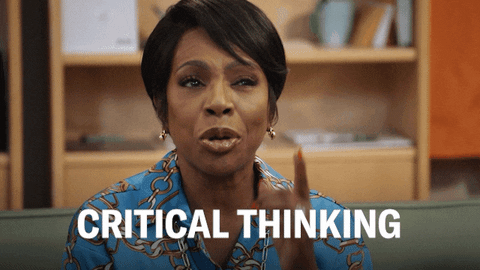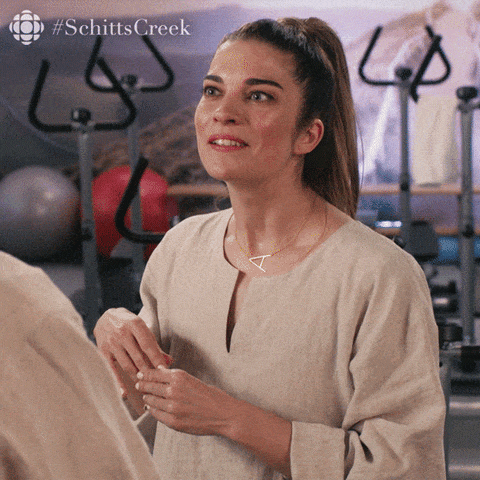A COVID Booster For The 5 to 11s –> Now Or Later?
Considerations for your 5-11-year-old's third COVID vaccine.
This week, the FDA approved a third dose of the Pfizer pediatric COVID vaccine for kids 5-11 years old. The EUA extension was based on evidence showing an additional dose improved efficacy against COVID-19 and continued vaccine safety. This approval was confirmed by the CDC on Thursday, creating an official recommendation for a third dose to be given five months after the second dose.
Why a Third Dose?
In April, Pfizer presented data suggesting a third dose of COVID vaccine offered a 36-fold boost in neutralizing antibodies against Omicron. In addition, the boost increased antibodies against the OG strain six-fold. This data clearly suggests an additional dose improves our kids’ protection. In my office, however, a smart and practical question is being raised by many of my COVID-wise families.
Do I Give my Kids a Booster NOW or Do I Wait Until Fall?
Families are concerned that with infection mitigation dropping in schools and vaccination rates as low as they are (sad face), this fall could be an infectious s*%t show. Since we know that vaccine-induced immunity wanes over time, these families are asking if it would be better to get the third dose closer to the anticipated fall/winter disease circus?
To answer this question, let’s review what we know today.
Today we know that all children aged five years and older should have at least three doses of mRNA vaccine for optimal protection against COVID-19. I don’t consider the third dose as an optional “boost,” rather a dose that continues the necessary vaccine series.
Today we know these vaccines protect against severe disease, hospitalization and long-term disability caused by Sars-CoV-2. Repeated studies have shown decreased rates of hospitalization, MIS-C and post-COVID conditions (long COVID) in people vaccinated with two doses of the mRNA series. The vaccines provide minimal protection against COVID infection.
Today we know healthy kids remain a low-risk group for serious COVID-19 complications. Yet, over 1500 kids in the U.S. have died from COVID-19. These deaths are now vaccine-preventable with a safe and effective vaccine.
Today we know it looks like a summer surge. Even though updates have been pushed below the fold, rates of COVID infection are climbing in most areas of the country. The AAP reports cases in kids are up about 76% from two weeks ago and are predominantly an Omicron subtype that is highly contagious. I’ve certainly been feeling this increase in my Overland Park office with sick kids testing positive in the office and on home tests. It’s hitting families hard.
With those things in mind, I feel like *** there are certain kids who should get their third dose as soon as they are eligible, like:
Kids with certain medical conditions that make them more susceptible to COVID-19 complications. The CDC has a comprehensive list of conditions to consider including asthma, cystic fibrosis, obesity, diabetes, neurological issues, genetic conditions, mental illness and developmental disabilities.
Kids with pregnant parents at home. Pregnancy remains a high-risk condition, so we need to optimally protect everyone at home.
Kids with unvaccinated siblings. If your home holds Littles who are unable to be vaccinated, let's get the big kids boosted.
Kids who live with people who are immunocompromised or have high-risk medical conditions.
Kids who live with people over the age of 65 years.
Kids who are traveling this summer, especially those traveling internationally. Optimal timing is two to three weeks prior to take-off.
Kids who are visiting, staying with, or being cared for by grandparents this summer.
Kids who have never had a known COVID-19 infection or had an infection early in the pandemic (OG or Delta variant).
Immunocompromised kids in this age group should be getting a fourth dose.
And… I feel like*** there are kids who could wait to be boosted, like:
Healthy kids who have had a recent COVID-19 infection. If your child has had two doses of vaccine and a recent infection, I’d leverage the disease-induced immunity the recent infection created and wait until fall to boost.
Healthy kids who had COVID-19 during the 21/22 winter surge. Kids who have had two doses of vaccine and a (presumed) Omicron infection hold “hybrid immunity.” Research is showing us that in individuals with both vaccine and disease-induced immunity, protection against hospitalization is very high. I’d hold off on the booster until fall, while maintaining reasonable mitigation measures during higher-risk summer activities.
We have to remember that science has shown us the benefits of vaccination are rewarded after two doses. The third dose adds antigenic broadening and durability to the protection kids have already acquired, and may pop up the immune protection high enough to decrease symptomatic infection.
But if the goal is to lessen risk of hospitalization, MIS-C and long-term disability, kids have this level of protection after two pokes.
Bottom line: 5-11-year-olds need three doses of COVID vaccine, so make a plan. Meanwhile, let’s work together to encourage friends and family who have not gotten any vaccines to start their series this summer. We need to protect more kids from an inevitable winter surge, and now is the time to start preparing.
5-11 Booster FAQ:
What if my kid has turned 12-years-old since her last dose?
Your kid should receive the vaccine recommended for their age at the time it is given. Kids who have turned 12 since their second dose are due for a dose of 12+ vaccine.
Should I wait for an Omicron-specific booster?
A third pediatric dose is boosting against Omicron. There’s no reason to wait, especially when we have no idea if and when an Omicron-specific vaccine will be available for kids.
Can I do a blood test first to check my kids' levels?
No. The science to determine effective titer levels with commercial assays is in its infancy and should not be used to determine vaccine eligibility.
Do you have the vaccine in your office, Dr. N?
Yes! For my Pediatric Associates friends, we have COVID vaccine for all ages available at the South Overland Park location. Call to set up an appointment or text on the way. See you there!
Onward,







The MMWR write up you linked concluded "There were no significant differences for severe outcomes by vaccination status." The NEJM study you linked showed the fully vaccinated ages 12-18 had a higher death rate than the unvaccinated. Yet you claim, "these deaths are now vaccine-preventable with a safe and effective vaccine". What data/studies did you use for this statement because those studies you cited as evidence do not support your claim.
What are your thoughts on kids that fall under the "should" category but can remain isolated this summer alongside their unvaccinated sibling?